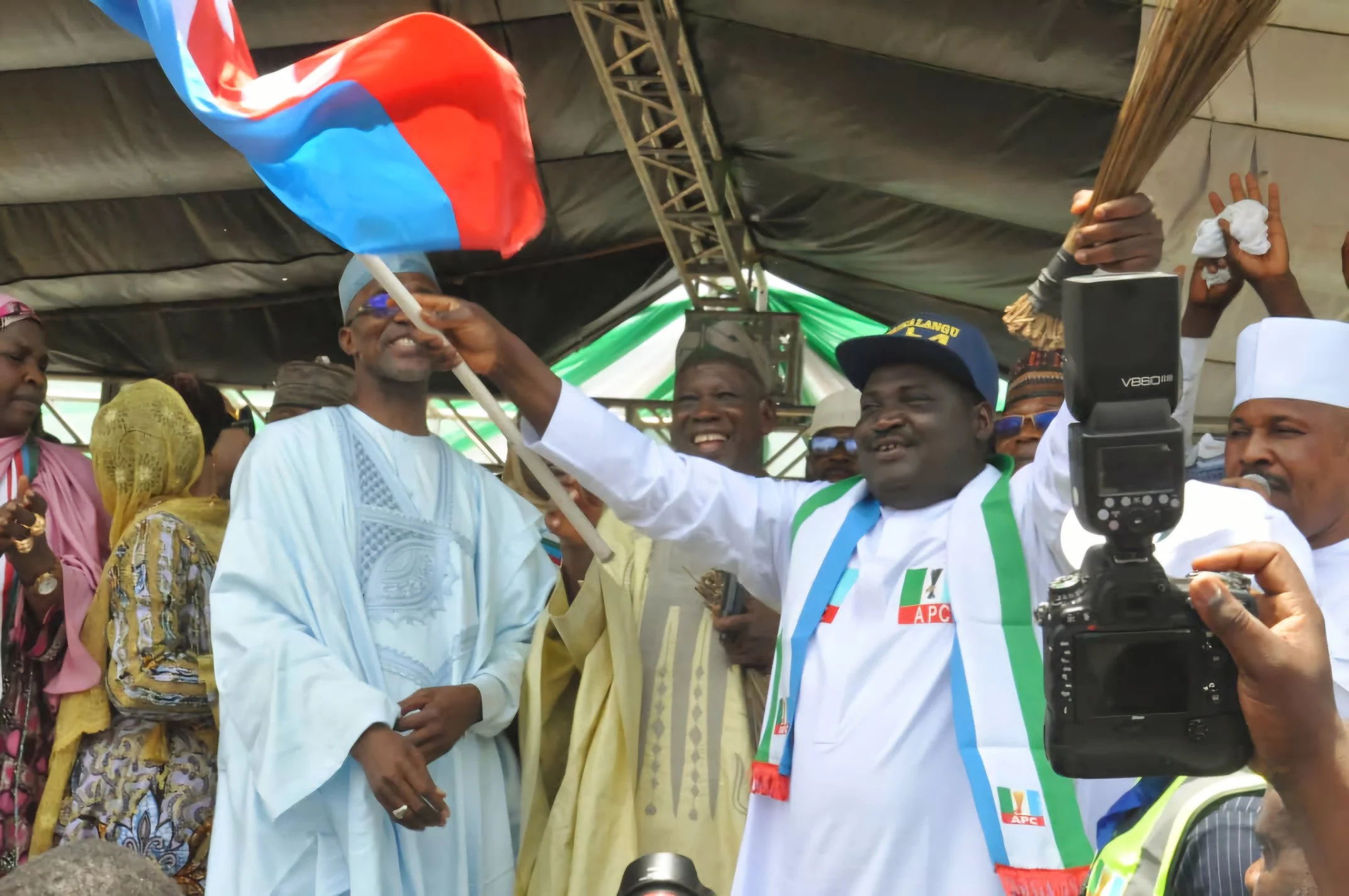President Tinubu Declines Assent to NDLEA Bill

President Bola Tinubu has declined to assent to the National Drug Law Enforcement Agency (NDLEA) Bill, 2025, a decision communicated in a letter read by the Speaker of the House of Representatives, Tajudeen Abbas, during Thursday's plenary session. This marks the second time in a week that President Tinubu has withheld assent to a bill, underscoring his commitment to existing financial regulations and oversight mechanisms.
The President's primary reason for rejecting the NDLEA Bill stems from its provision that would empower the agency to retain a portion of the proceeds from drug-related crimes. Tinubu stated that this conflicts with current financial regulations, emphasizing that all proceeds of crime are, by existing law, paid into the government’s Confiscated and Forfeited Properties Account. He clarified that any disbursements to recovery agencies, including the NDLEA, must be made by presidential approval, subject to the consent of the Federal Executive Council and the National Assembly. Tinubu reiterated that the current procedure ensures vital accountability and oversight, negating any perceived need for alteration.
Just two days prior, on Tuesday, President Tinubu had also rejected the National Assembly Library Trust Fund (Establishment) Amendment Bill, 2025. His reasoning for this previous declination cited inconsistencies with federal laws and policies, particularly concerning agency funding, taxation, and remuneration structures. These consecutive rejections highlight a clear stance from the President on legislative alignment with established financial and administrative frameworks.
In contrast to these declinations, President Tinubu is expected to sign four significant tax reform bills into law, aiming to transform Nigeria’s fiscal and revenue framework. These groundbreaking legislations, which have already been passed by the National Assembly after extensive consultations with various interest groups and stakeholders, include the Nigeria Tax Bill, the Nigeria Tax Administration Bill, the Nigeria Revenue Service (Establishment) Bill, and the Joint Revenue Board (Establishment) Bill. This move signifies a dual approach where the President rigorously scrutinizes bills for compliance while also pushing forward with key economic reforms.
Beyond legislative matters, the House of Representatives also witnessed significant political shifts on Thursday. Chimaobi Atu, a member representing Enugu State, defected from the Labour Party (LP) to the ruling All Progressives Congress (APC), citing the leadership crisis within the LP as his reason. This defection followed another recent switch two days earlier, when Peter Akpanke, from Obanliku/Obudu/Bekwara Federal Constituency in Cross River State, moved from the Peoples Democratic Party (PDP) to the APC. Additionally, Paul Nnamchi from Enugu East/Isi-Uzo Federal Constituency in Enugu State also joined the APC from the Labour Party. These movements were officially announced by Speaker Tajudeen Abbas during plenary sessions, indicating a growing strength for the ruling party in the legislative arm.











